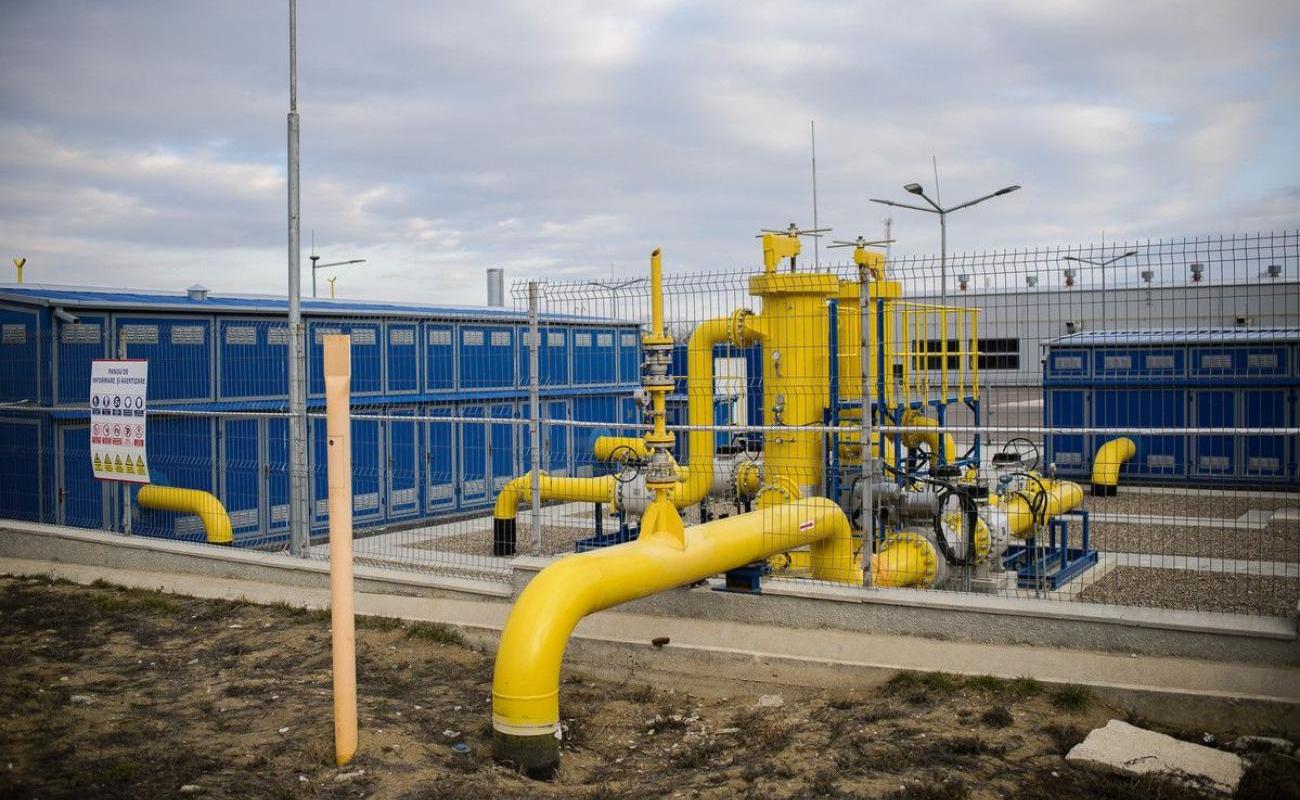Deepening Energy Crisis in Transnistria: Moscow Caught Between Financial Blockades and Gas Supply Pressure

Russia is facing significant challenges in continuing natural gas deliveries to the Transnistrian region. Moscow is attempting to identify a company through which payments for supplied gas can be made, but finding such an intermediary has proven extremely difficult.
This situation exacerbates the energy crisis previously announced by the separatist authorities in Tiraspol, initially expected to last about ten days.
According to Alexandru Slusari, a member of the “Energocom” Council, the main issue lies in European banks blocking intermediary companies. “European banks, after a certain number of transactions, block the scheme because they do not see the economic sense in the transactions, when the money is paid as a donation,” explained the official. This impasse highlights the complexity of energy deliveries within the international financial system in unrecognized regions.
Deadlock of UAE Companies
Currently, a fourth company from the United Arab Emirates is trying to find a European bank willing to participate in the payment schemes, yet no financial institution in the European Union has agreed so far. This situation underscores the legal, economic, and reputational risks faced by Western banks when engaging in transactions involving regions under sanctions or not officially recognized.
Transition to European Gas and Temporary Solutions
After Ukraine banned the transit of Russian gas through its territory, Transnistria began receiving gas via a Hungarian company, paid by Moscow through a UAE-registered firm. While this scheme ensures short-term gas delivery, the payment issue remains unresolved, leaving long-term energy stability uncertain.
This solution demonstrates Russia’s difficulty in using energy resources as a political tool without conflicting with international financial regulations.
Conservation Measures and Impact on the Population
Due to supply problems, Tiraspol introduced a gas-saving regime. Several localities have been left without hot water, and authorities have urged energy consumption reductions. This situation directly affects households, public institutions, and local industries, placing pressure on critical infrastructure.
Economic and Geopolitical Implications
The energy crisis in Transnistria goes beyond a local issue: it reflects geopolitical tensions between Russia, the European Union, and Ukraine, as well as the fragility of economic relations in unrecognized regions. Moscow faces a paradox: while it has the necessary resources, it cannot deliver them effectively due to European banks’ restrictions and international regulations.
This dependence on external intermediaries and financial approvals highlights Transnistria’s vulnerability to external factors and the significant impact of sanctions on Russia-dependent regions.
Medium-Term Perspectives and Scenarios
Without a clear payment solution, the Transnistrian region remains in uncertainty. In the medium term, several scenarios are possible:
-
Resumption of deliveries through transparent schemes accepted by European banks, requiring guarantees and international monitoring;
-
Worsening of the crisis and expansion of energy restrictions, affecting households and local industry, increasing social tensions;
-
Diplomatic negotiations between Moscow, Chisinau, and international actors to establish a safe and legal delivery and payment mechanism;
-
Diversification of energy sources in the long term to reduce dependence on Russian gas, including European energy or alternative sources.
